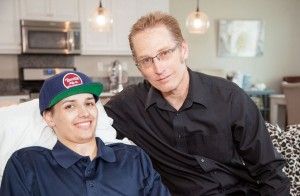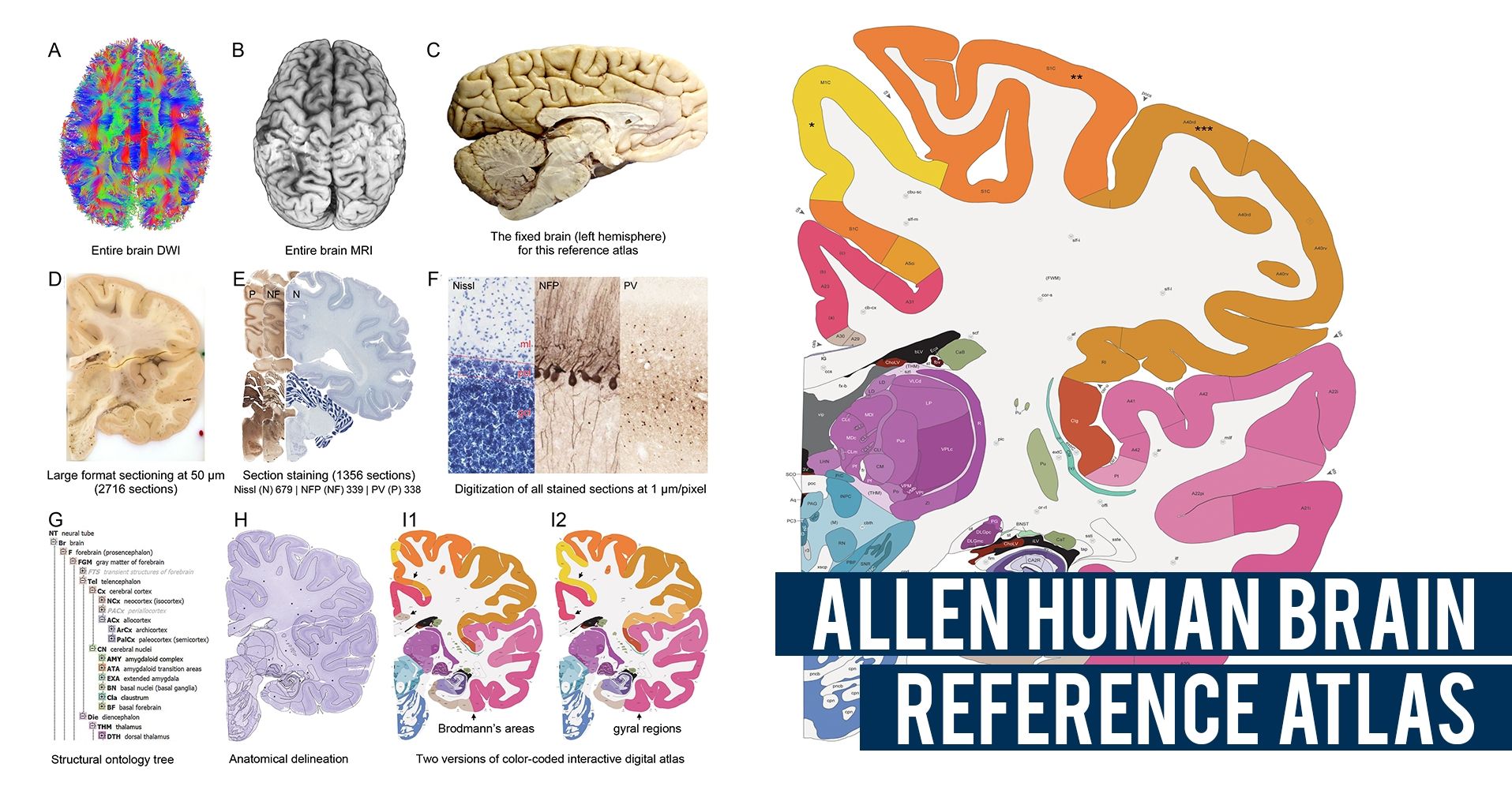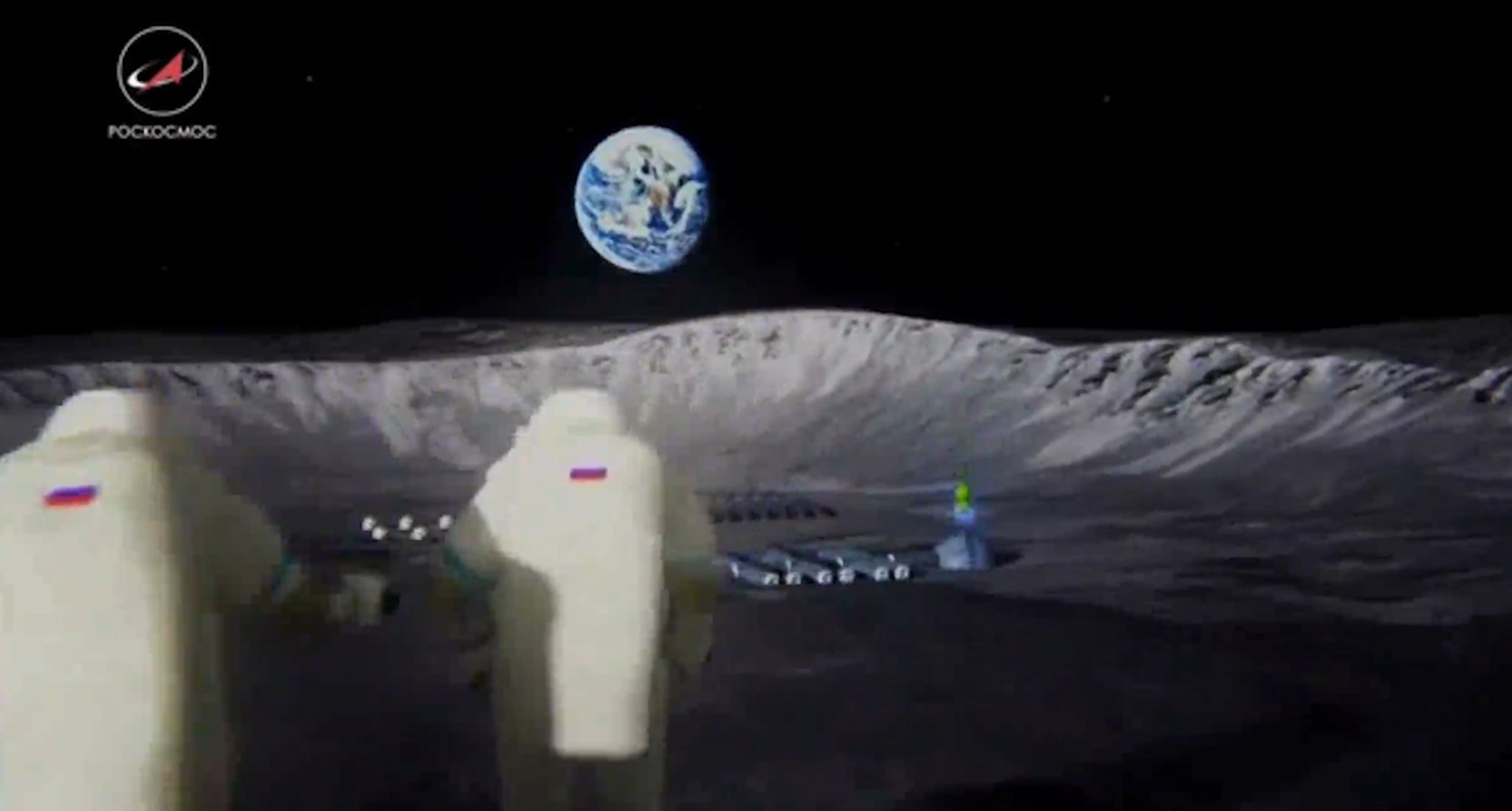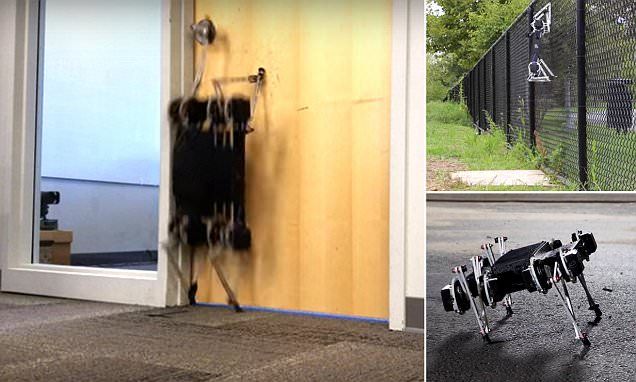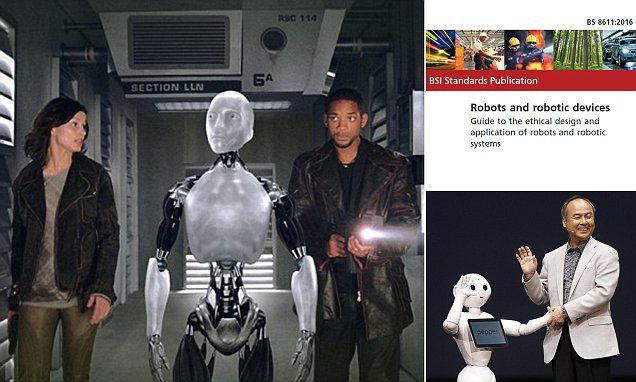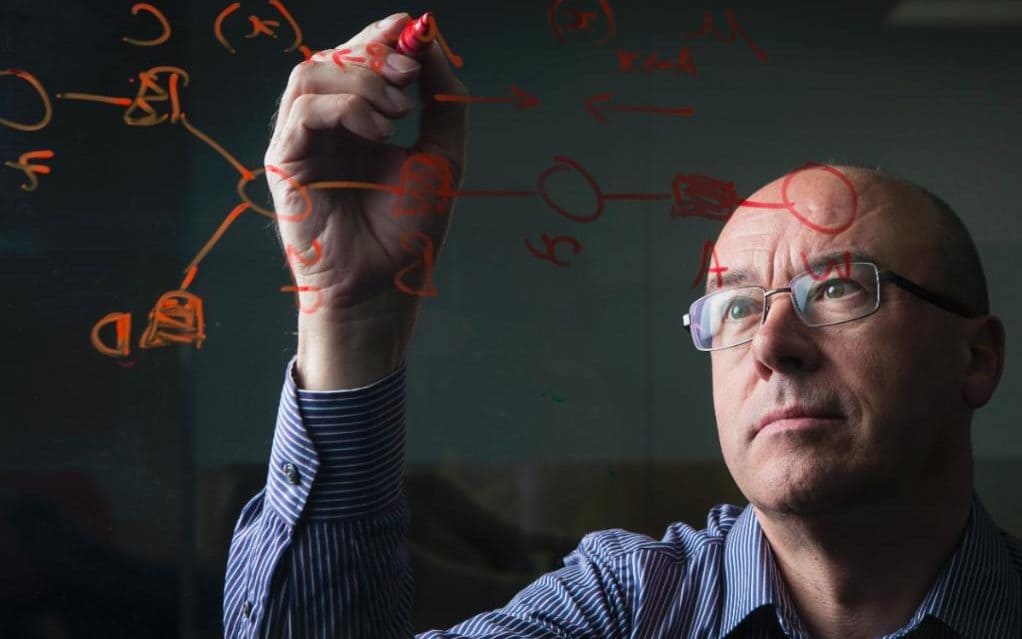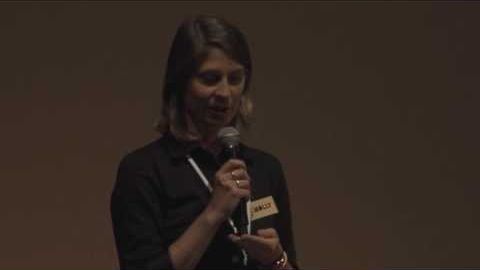Sep 20, 2016
Haier Introduces New Disruptive Refrigeration Technology
Posted by Karen Hurst in categories: energy, transportation
https://youtube.com/watch?v=jCIbbhL2td8
Nice method for refrig.; now imagine it in autos/ various forms of transportation, buildings, appliances, etc.
NEW YORK, NY – 9/20/2016 (PRESS RELEASE JET) — Haier, a global leader in consumer electronics and appliances has launched a new compressor-free solid-state refrigeration technology. Haier created this new technology through integrating Silicon Valley resources, Haier Group R&D, Haier America R&D, Liquid King, Xi’an Jiaotong University, South China University of Technology and other resources. The new technology breaks the technological bottlenecks of compressor-based refrigeration appliance that have been used in the industry for a century.
Continue reading “Haier Introduces New Disruptive Refrigeration Technology” »

